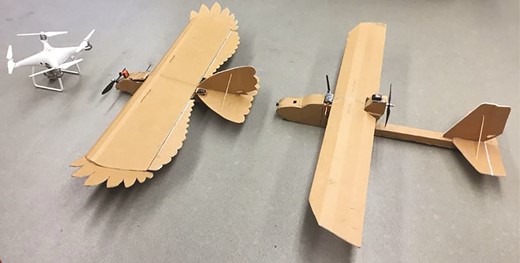I found this research paper on the subject of drones and bird strikes. Its long reading but comes out with some worthwhile conclusions and suggestions. As we all know, and this paper confirms, its not a simple subject and there is no "one fix fits all birds" conclusions. It does however point to some cheap and simple methods of reducing risk in many situations. Grab a coffee and some cookies, and take a look.
Since reading, I have made my drone look more aggressive and it seems to work but, you need to read the paper to understand when this is appropriate and when it should not be done (ie during nesting season)

 academic.oup.com
academic.oup.com
Since reading, I have made my drone look more aggressive and it seems to work but, you need to read the paper to understand when this is appropriate and when it should not be done (ie during nesting season)

Testing a key assumption of using drones as frightening devices: Do birds perceive drones as risky?
Abstract. Wildlife managers have recently suggested the use of unmanned aircraft systems or drones as nonlethal hazing tools to deter birds from areas of human-











